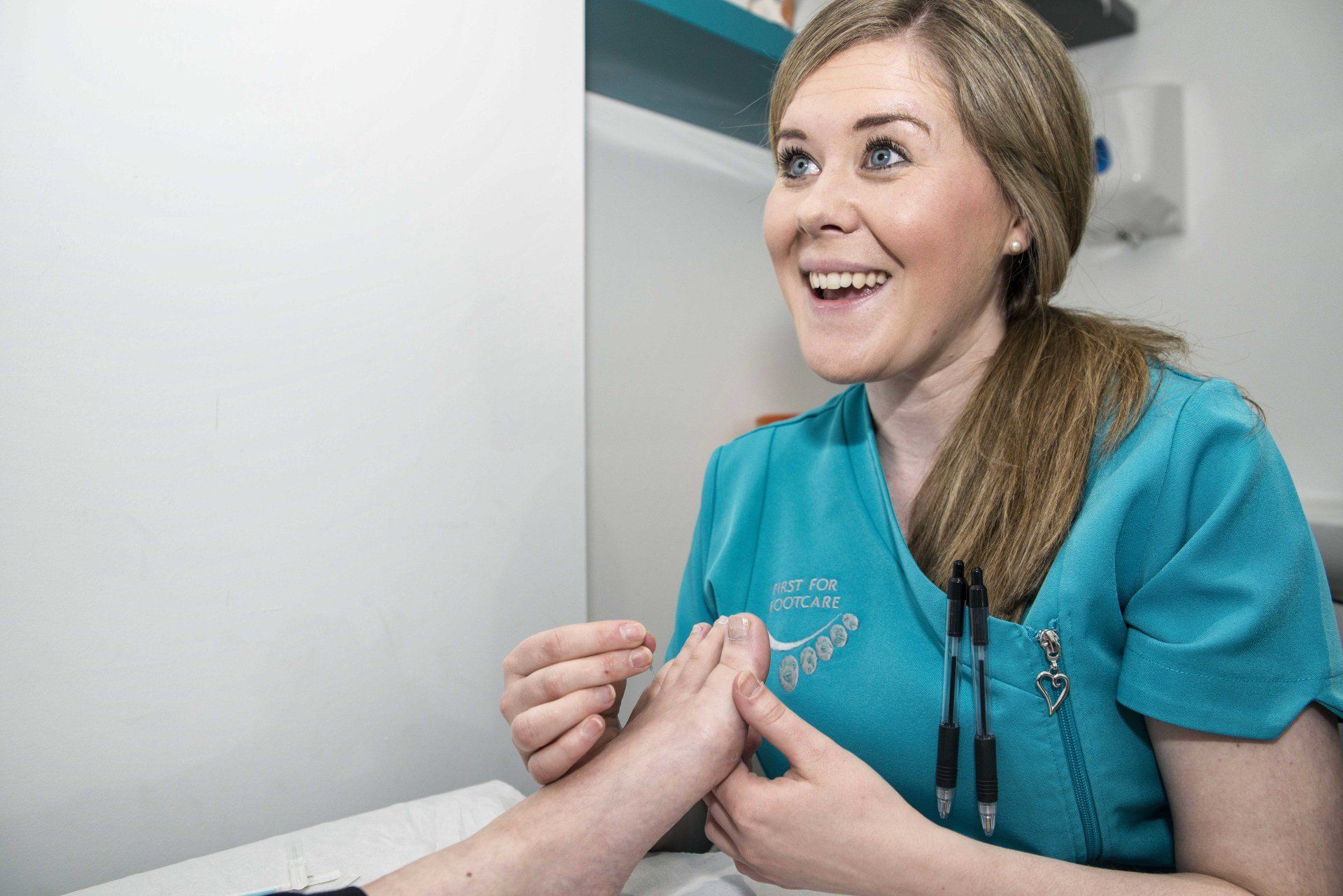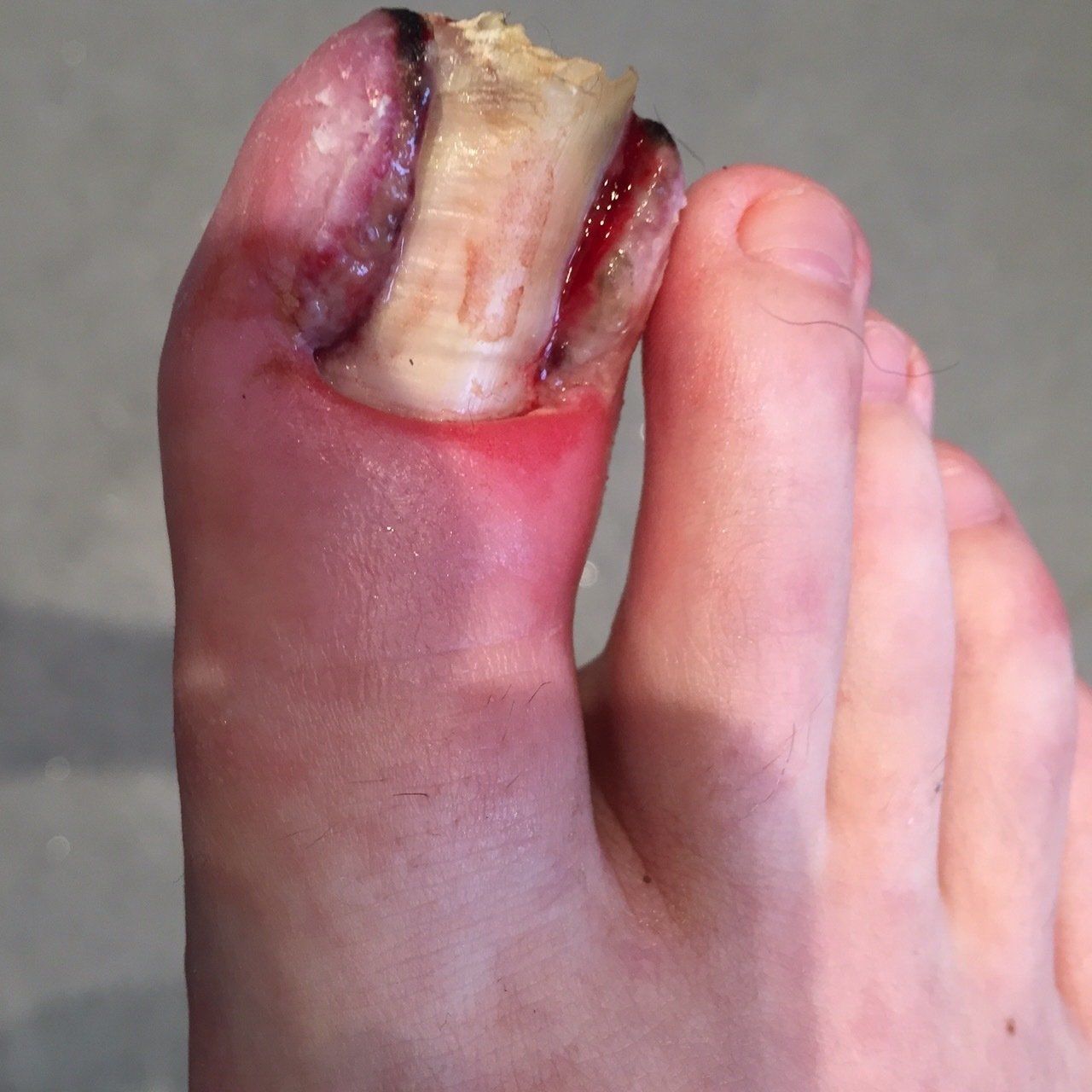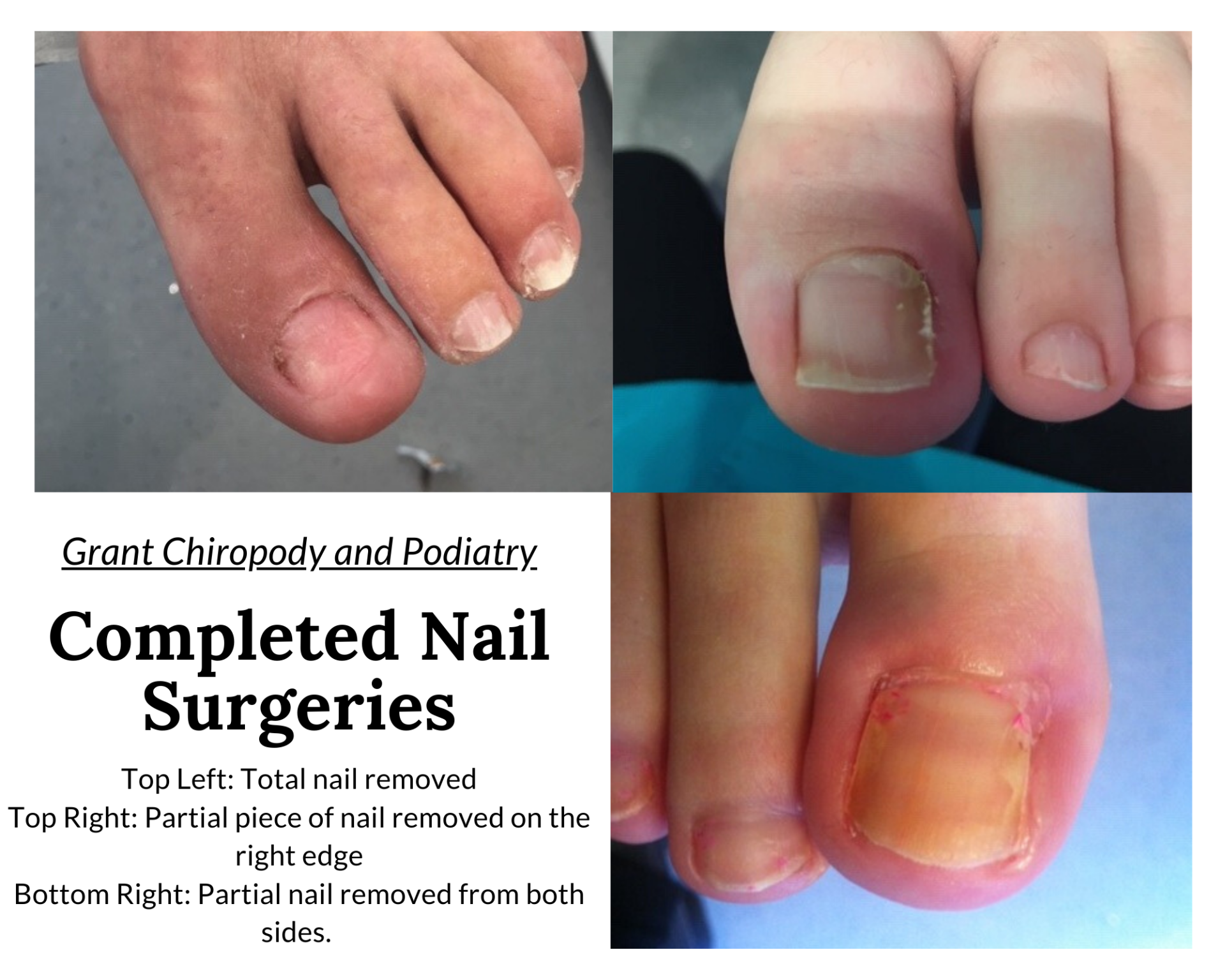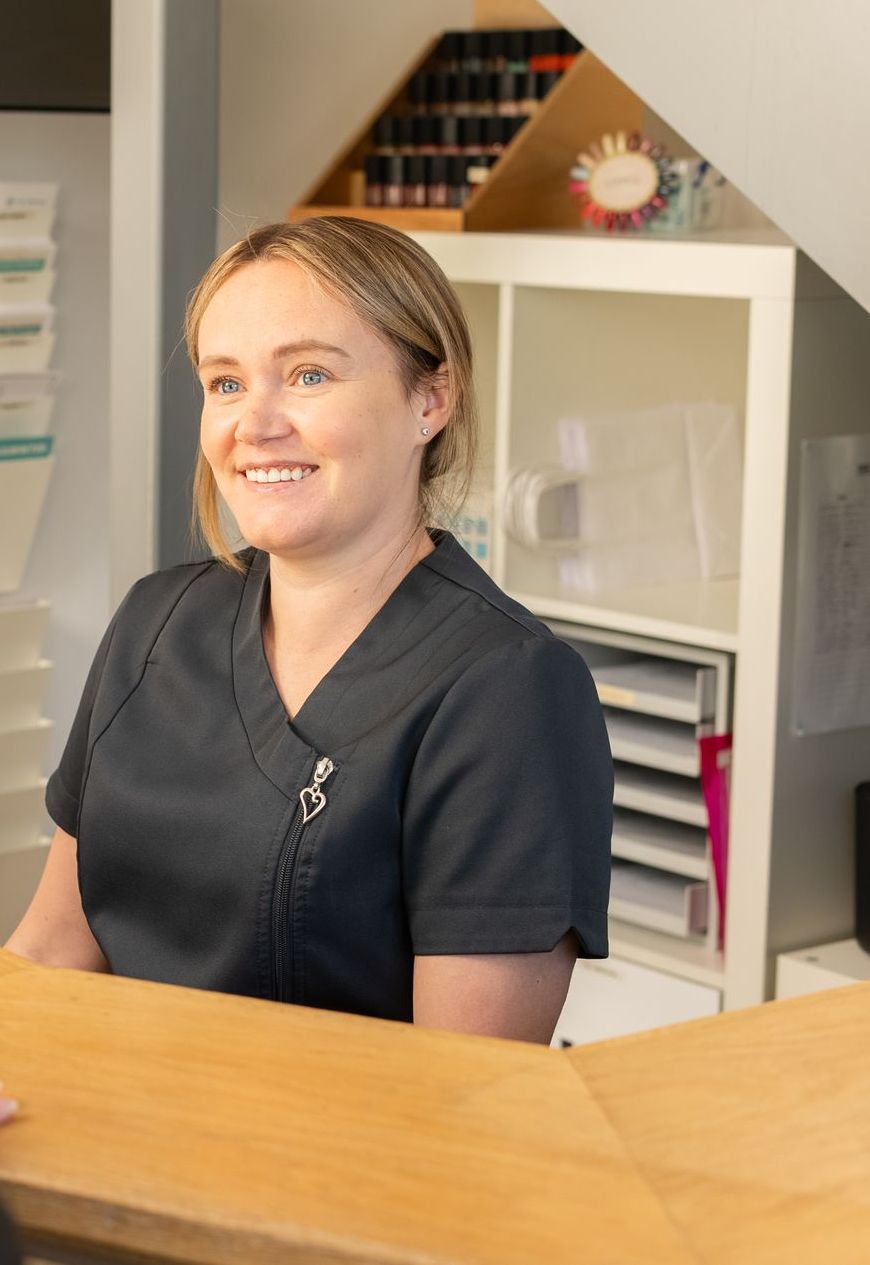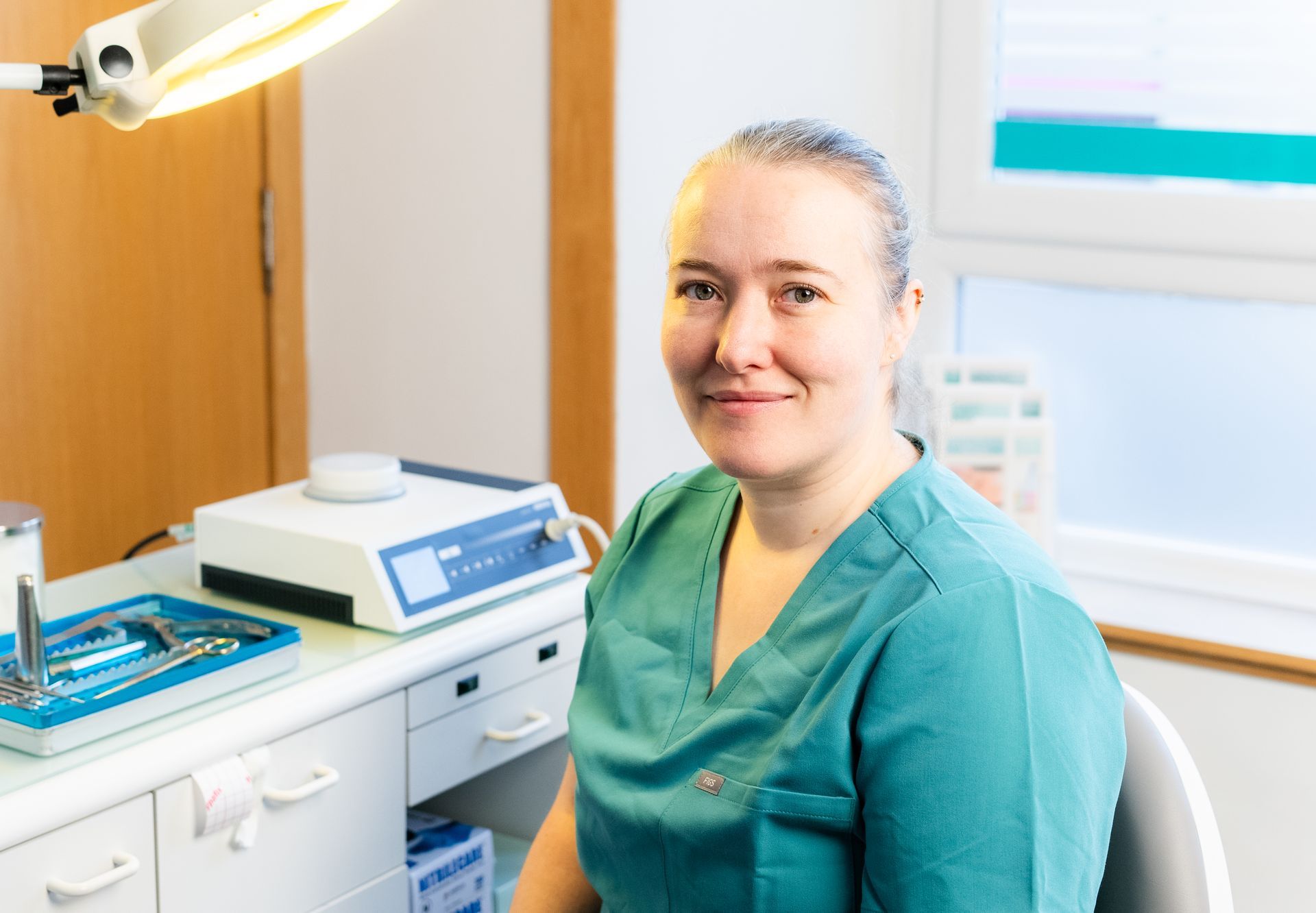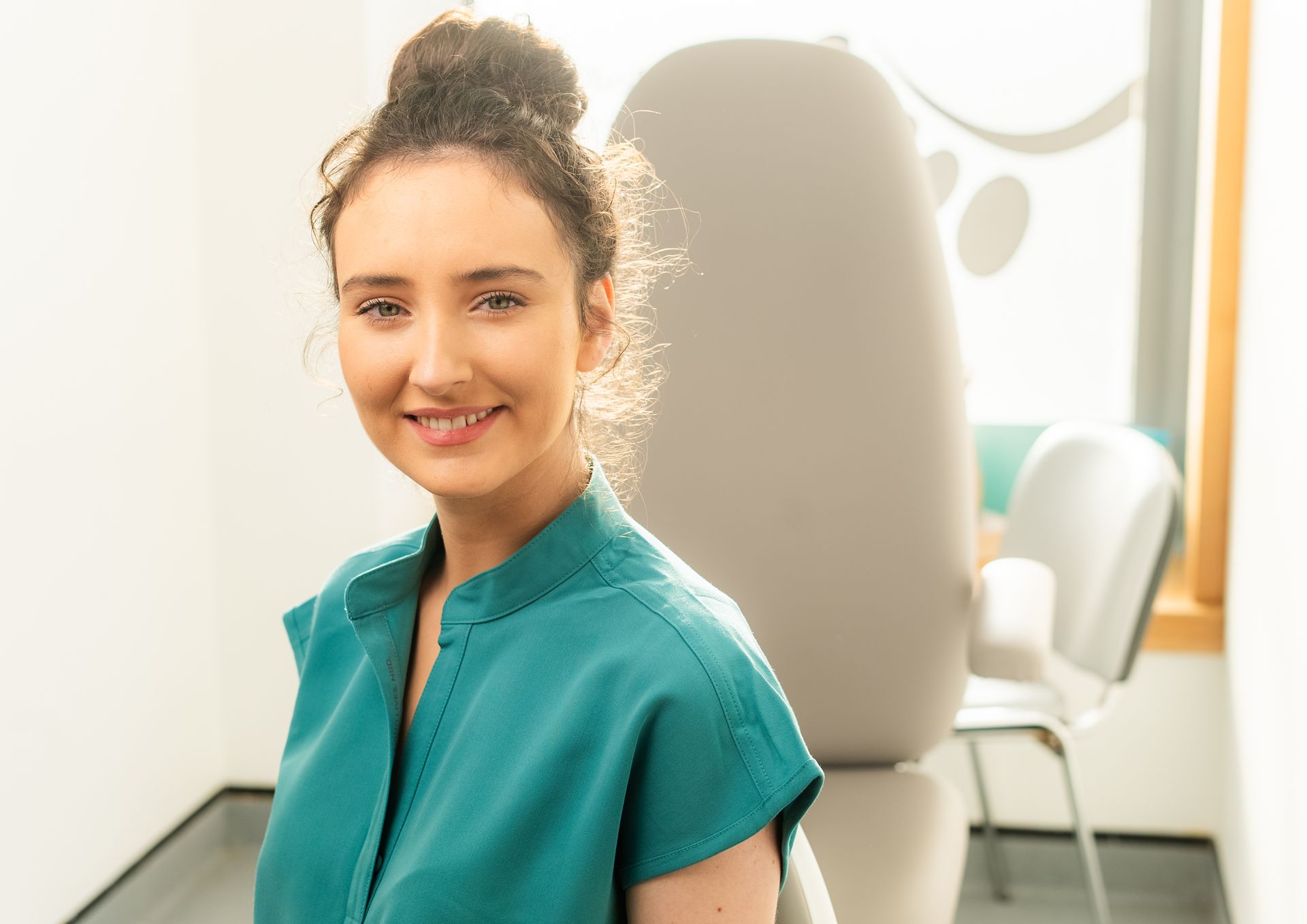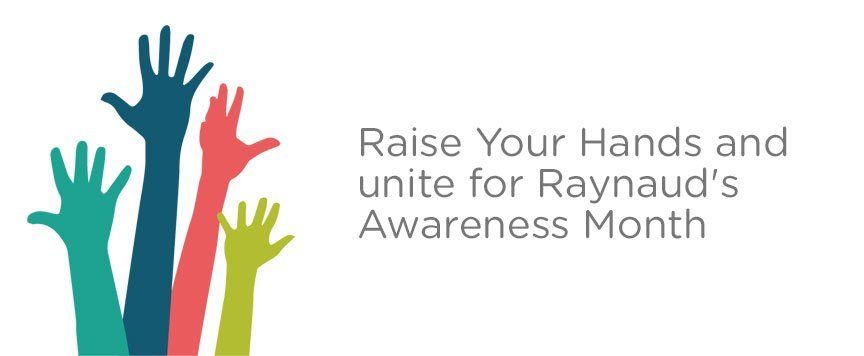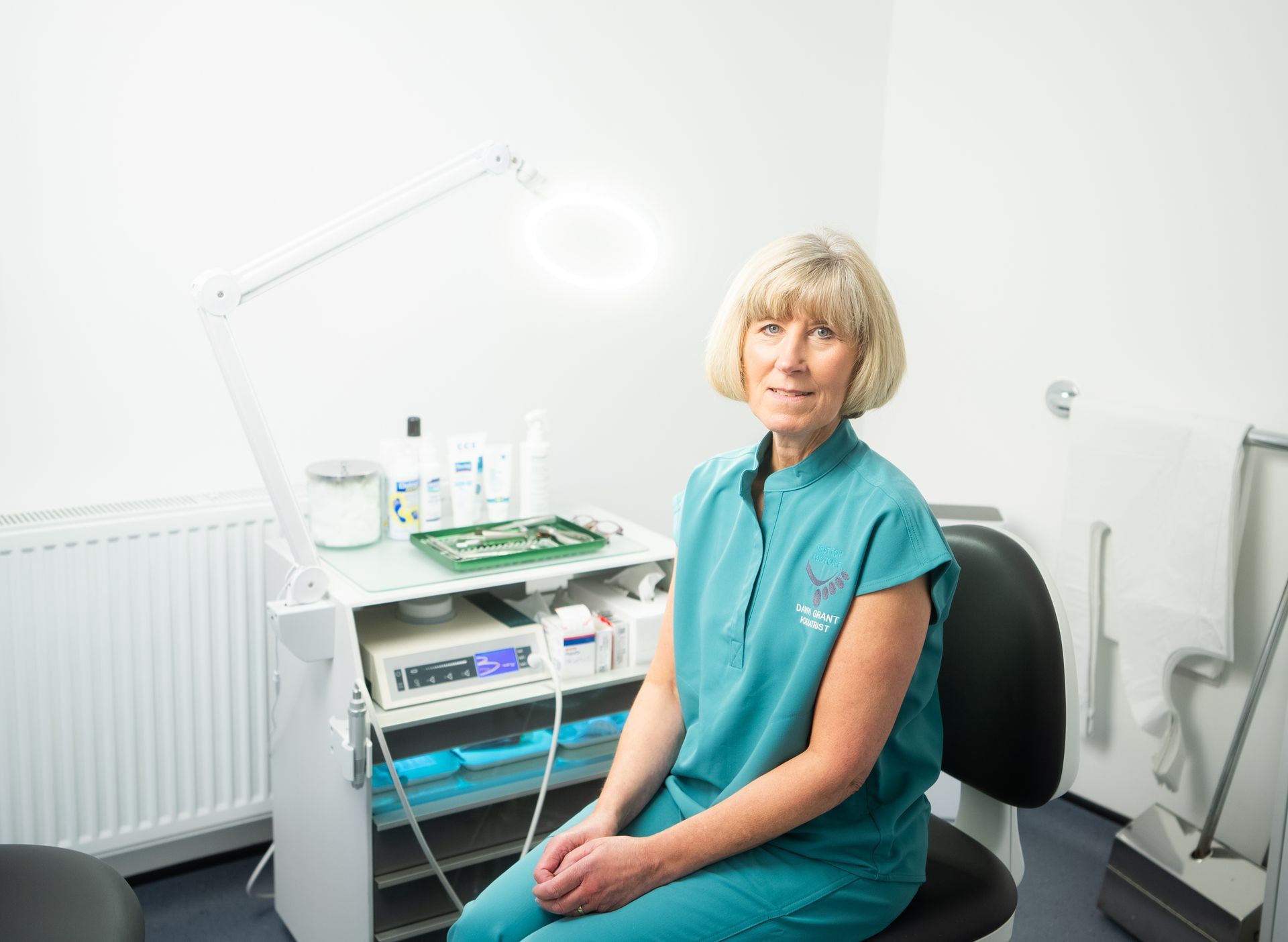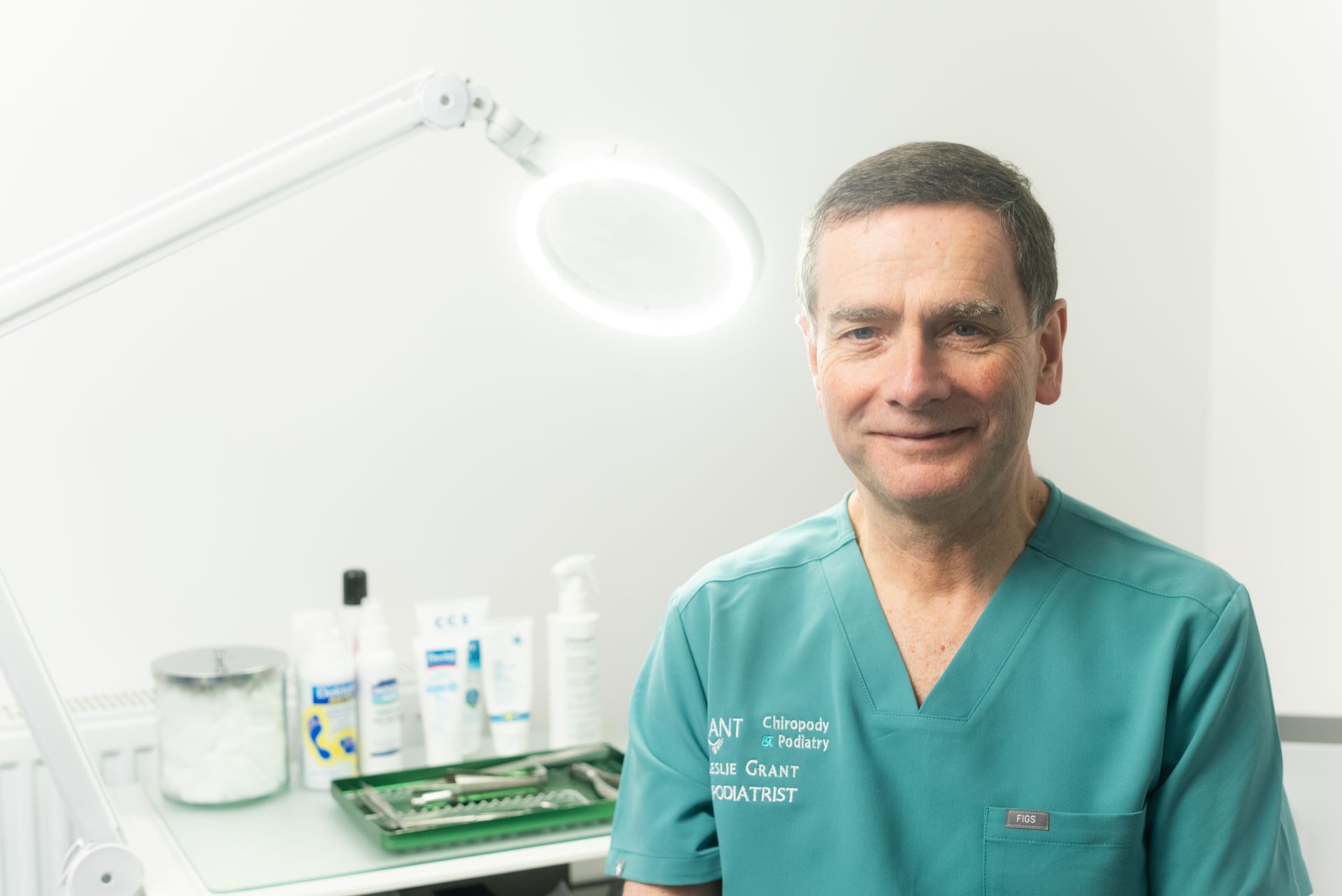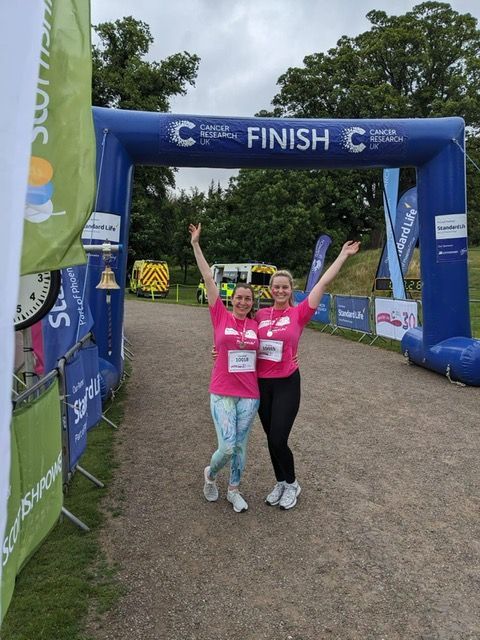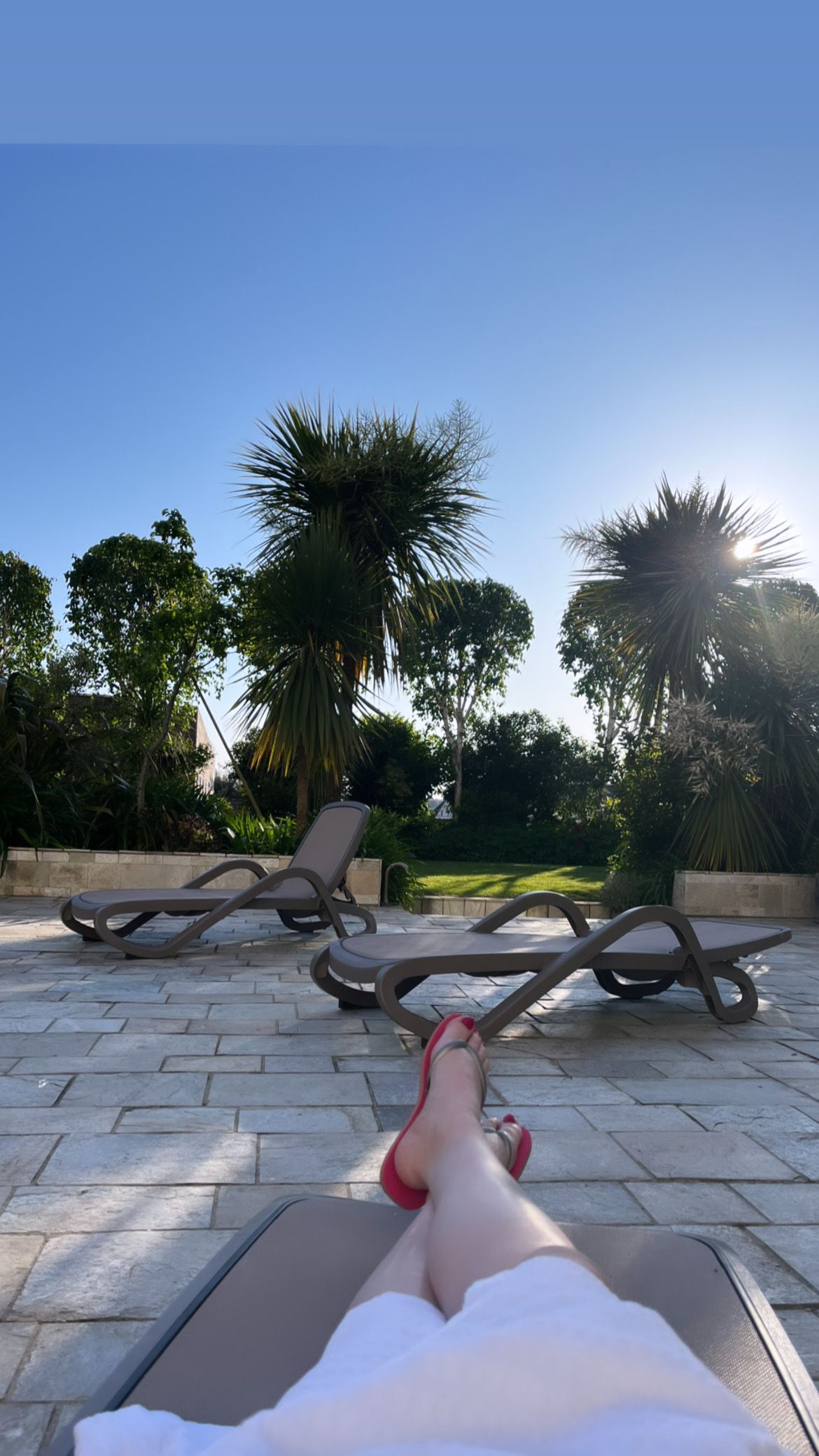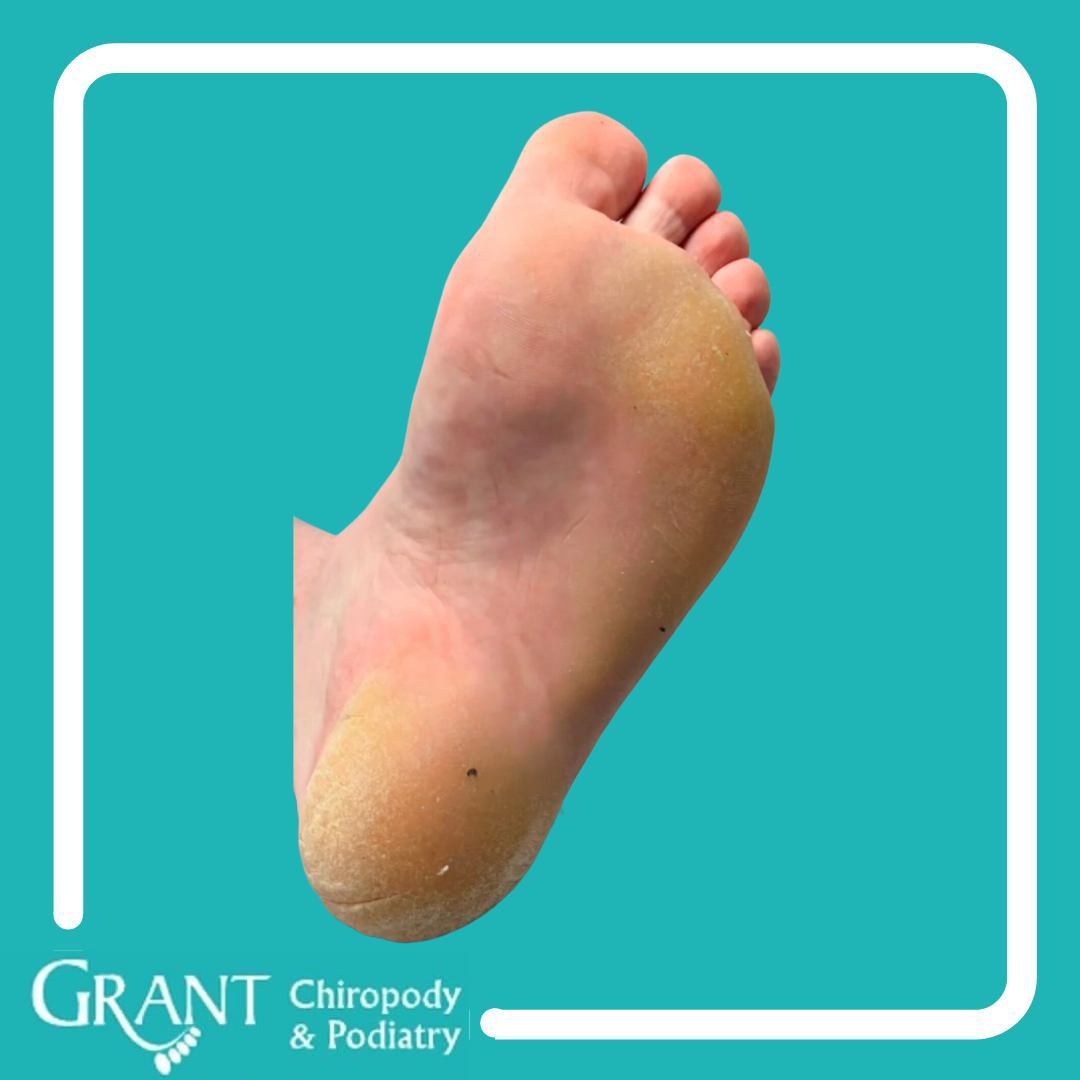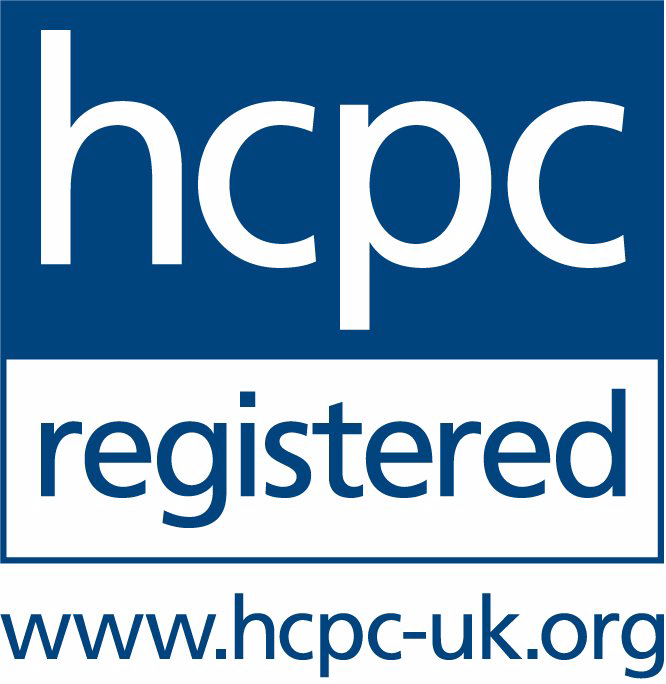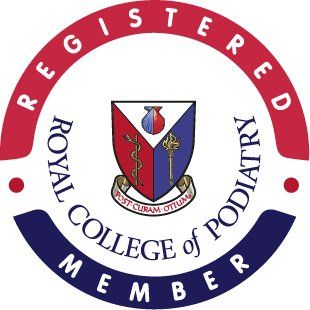Ingrown toenails are one of the most painful conditions that can occur in the feet. A nail becomes ingrown when a small piece of nail starts to impinge on the flesh of the toe. This causes pain, swelling, redness, weeping and can lead to infection. Catching an ingrown toenail early by recognising the signs and symptoms and seeking treatment quickly, can prevent any adverse outcomes.
There are many things that can make predispose you to experiencing ingrown toenails so lets have a look at the causes.
Nail Shape
The shape of your nails has a large impact on
whether they are at risk of becoming ingrown. People who are prone to ingrown
toenails often have an involuted shape nail. An involuted nail is an excessively curved nail that tends to pinch in more at the edges. Some people can have involuted nails and never experience an ingrown nail, however they may find pressure and pinching of the nail as they nail grows. It is important to manage involuted nails carefully. The nails must be regularly trimmed and cleared, to prevent any excess pressure in the surrounding toe pulp. If you think you may have involuted nails or
find your nails can be difficult to cut, make an appointment with one of our podiatrists
who can help you and give you advice on managing this condition.
Sport
Another common cause of ingrown nails is trauma. People who play ball sports, such as football and rugby are at higher risk of trauma to their toes kicking balls. Other sports where high tension
and repetitive trauma can also have a detrimental affect on the health of your nails. Sports such as golf, dancing, cycling and mountain
climbing, are just a couple of activities that can contribute to ingrown
toenails where micro-trauma of the nail occurs. Most sports require a specific type of footwear customised to the sport, which are often close fitting and can increase the pressure on the toes. We have all seen images of ballet dancers, dancing on block pointes on their shoes, this excessive pressure puts their weight all on their toenails. Black, bruised toenails are a common injury in many sports, showing signs of trauma to the nails.
Trauma
Trauma doesn't have to always be sport related. Trauma can occur from a simple, minor accident. When trauma occurs, the nail plate becomes
damaged, this can cause long term damage to the healthy growth of the nail. When nails grow back, they can often grow thickened and misshaped.
The thickness and shape of the nail can contribute to it catching the surrounding skin
and contribute to extra pressure in the surrounding skin. Damaged nails can be acutely painful. If you have
recently damaged a nail and are unsure on how to treat it, do not hesitate to make
an appointment.
Shoes
Ill-fitting footwear can be the leading cause of foot problems. Assessing your footwear regularly for any excessive wear and tear can prevent foot problems before they occur. The toe box at the front of a shoe is often where nail problems can occur. Ensure the length of your shoe allows enough space for toes to stretch, the width isn't cramming toes together and that the depth isn't pressing down on the toes. High heeled shoes can also put excessive pressure on the front of the foot, increasing the likelihood of nail damage.
·Weight
Being over-weight can also increase your chances of developing an ingrown toenail. The excessive skin that can be found around the feet
and toes reduces the space on the nail bed for the nail to grow. With minimal room to grow, the nail will often
catch and become ingrown. This can be extremely painful and uncomfortable.
Familial
A large percentage of what occurs in our body
can be linked to our genetics, this also true for our feet. You often inherit a foot and even nail type from your genetics that may predispose you to nail issues. Conditions like involution are often hereditary and people can often trace back to a family member who had similar foot issues. The key is managing your nail type in this case and preventing it from becoming an issue.
Prevention and Care
By
recognising what is causing your nails to become involuted or ingrown, you will
be able to manage and prevent it from becoming worse, uncomfortable or
infected. It is
vital that at any point you recognise your toe becoming red, hot and swollen
you seek immediate help from a Podiatrist. They can help treat this issue before it becomes a bigger problem. Podiatrists have a unique skill set to
treat ingrown nails with instruments that are sterile and safe.
If you
are unsure how to cut or treat your nails, it is important to talk to us. We can offer help and advice on how to look after your nails and foot health.
Nail Surgery
Occasionally if a ingrown toenail can not be fixed by routine podiatry a procedure called nail surgery may be required. Nail surgery is a technique where either part or all of the toenail is removed permanently by applying a chemical called phenol to the nail bed, to stop that part of the nail growing back. This procedure is done under a local anaesthetic, meaning it is completely pain-free throughout the process and is carried out in a sterile environment. This minor surgery has a high success rate and patients are often very happy with the results. Please check out our Nail Surgery Blog for more information.
If you are worried or concerned that you may be suffering
from an ingrown toenail, do not hesitate to make an appointment to see one of
our podiatrists. They will be able to discuss individual treatment options with you.
